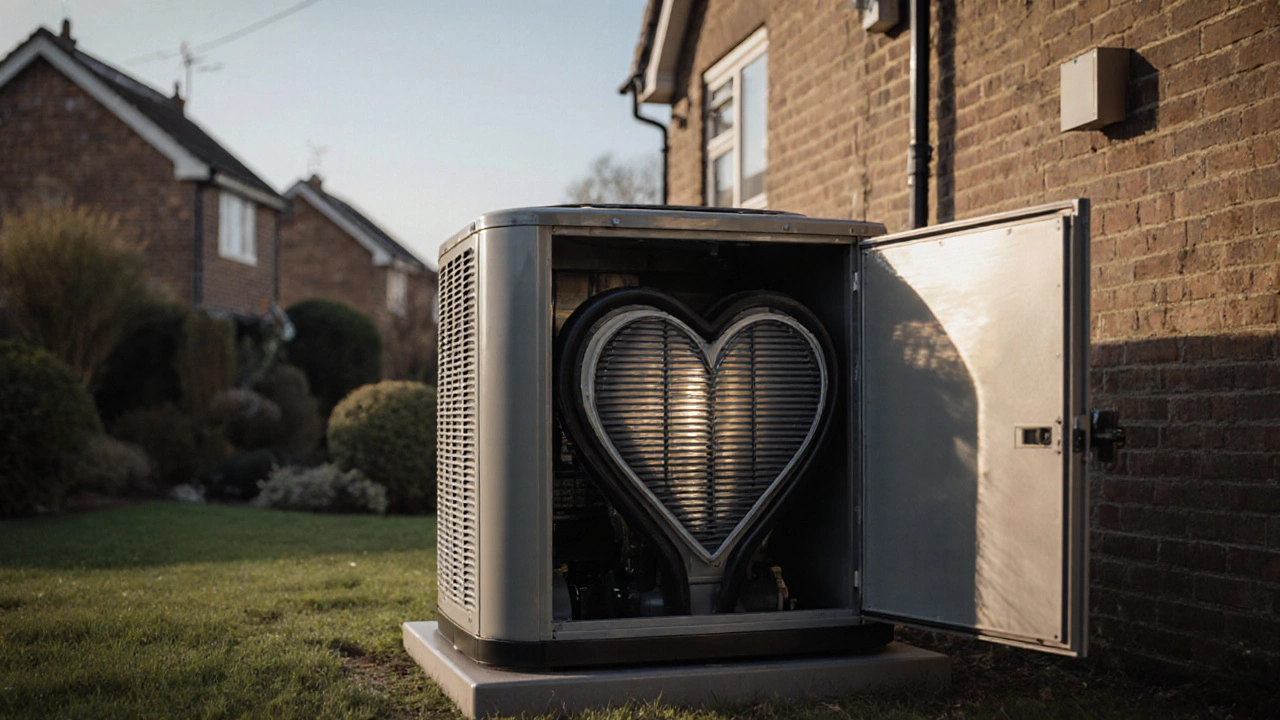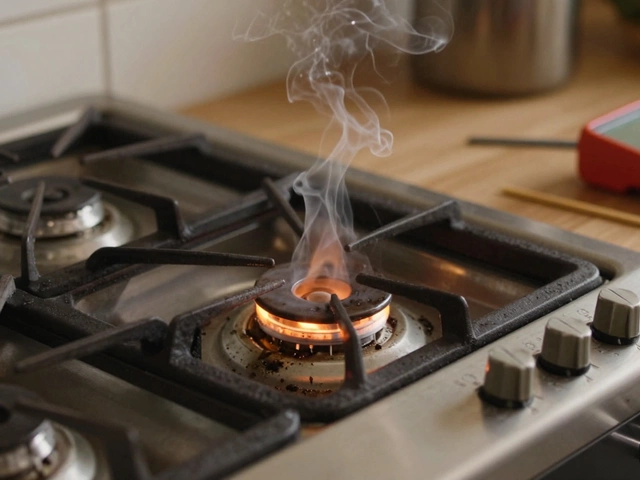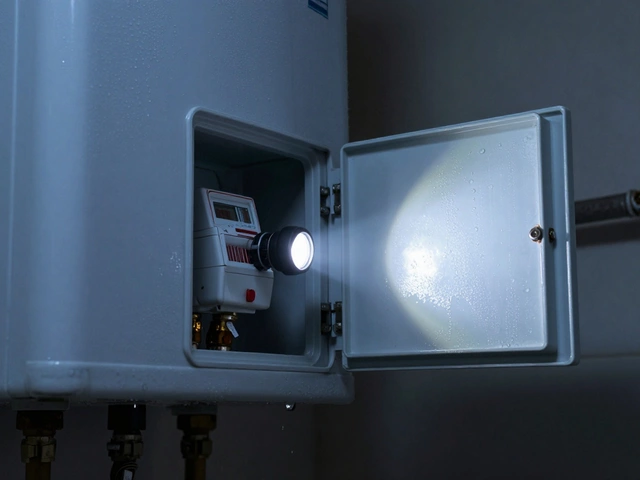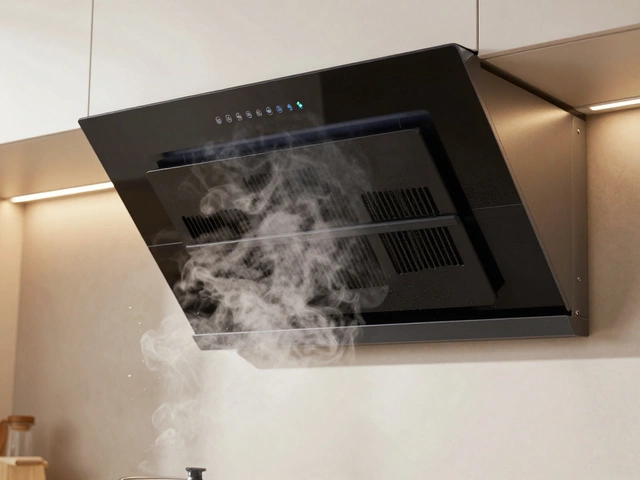Can Gas Ovens Be Repaired? What You Need to Know Before Calling a Pro
January 5 2026HVAC Compressor Replacement: What You Need to Know
When working with HVAC compressor replacement, the removal of a faulty compressor and installation of a new unit inside a heating, ventilation, and air‑conditioning system. Also known as air‑conditioning compressor swap, it keeps your home comfortable and helps avoid costly breakdowns.
The heart of any compressor, a motor that pressurizes refrigerant to move heat is a high‑wear component. When it fails, the whole HVAC system suffers — you’ll notice reduced cooling, strange noises, or a sudden rise in energy bills. HVAC compressor replacement isn’t just a DIY task; it requires the right tools, proper refrigerant handling, and a certified technician.
Key Factors to Consider Before You Replace
First, identify the type of system you have. A heat pump, a device that extracts heat from outside air and transfers it indoors (or vice‑versa) uses the same compressor technology as an air‑conditioner, but it also provides heating. Knowing whether you’re dealing with a heat pump or a stand‑alone AC unit guides the selection of a compatible compressor model.
Next, think about the refrigerant. Modern systems run on R‑410A or newer low‑global‑warming‑potential (GWP) blends. The wrong refrigerant can damage the new compressor or reduce its efficiency. In short, refrigerant type influences compressor performance and is a critical part of the replacement equation.
Cost is another big factor. Labor rates vary by region, but the part itself typically ranges from £150 to £600, depending on capacity and brand. Add the price of refrigerant recharge (about £80–£150) and a professional disposal fee, and you’re looking at a total investment of £350–£900. It may sound steep, but a well‑installed compressor can cut energy use by up to 30%, translating into lower bills over the next decade.
Maintenance habits also play a role. Regular filter changes, coil cleaning, and annual inspections extend compressor life. A common sign you need replacement is a persistent “humming” sound followed by a click—this indicates the motor is trying but failing to start. Other red flags include ice buildup on the evaporator, frequent short‑cycling, or a sudden spike in electricity consumption.
When deciding between repair and replace, weigh the age of the unit. If the HVAC system is older than 10‑12 years, the odds are that other components (like the condenser or fan motor) are also wearing out. In many cases, a full system upgrade pays off faster than a single compressor fix.
Choosing the right professional matters, too. A certified gas engineer or HVAC technician is required to handle refrigerant, certify the work, and ensure compliance with local safety regulations. This guarantees that the new compressor is correctly sized, properly charged, and safely wired.
Finally, think about energy efficiency ratings. New compressors come with SEER (Seasonal Energy Efficiency Ratio) and HSPF (Heating Seasonal Performance Factor) numbers that tell you how much cooling or heating output you get per unit of electricity. Higher SEER/HSPF values mean lower running costs and a greener footprint.
Overall, a successful HVAC compressor replacement ties together the right equipment, qualified labor, proper refrigerant handling, and a solid maintenance plan. Below you’ll find a curated collection of articles that dig deeper into related topics—dryer repair cost guides, heat‑pump lifespan tips, water‑heater maintenance, and more. Explore the posts to see how each piece fits into the larger puzzle of keeping your home’s heating and cooling running smoothly.
 8 Oct
8 Oct
Heat Pump Compressor Replacement Cost: 2025 Prices & Guide
Learn the true cost of a heat pump compressor replacement in 2025, see price breakdowns, compare types, and get tips to keep expenses low.
Read More...



